Chrysler 2014 Annual Report Download - page 117
Download and view the complete annual report
Please find page 117 of the 2014 Chrysler annual report below. You can navigate through the pages in the report by either clicking on the pages listed below, or by using the keyword search tool below to find specific information within the annual report.-
 1
1 -
 2
2 -
 3
3 -
 4
4 -
 5
5 -
 6
6 -
 7
7 -
 8
8 -
 9
9 -
 10
10 -
 11
11 -
 12
12 -
 13
13 -
 14
14 -
 15
15 -
 16
16 -
 17
17 -
 18
18 -
 19
19 -
 20
20 -
 21
21 -
 22
22 -
 23
23 -
 24
24 -
 25
25 -
 26
26 -
 27
27 -
 28
28 -
 29
29 -
 30
30 -
 31
31 -
 32
32 -
 33
33 -
 34
34 -
 35
35 -
 36
36 -
 37
37 -
 38
38 -
 39
39 -
 40
40 -
 41
41 -
 42
42 -
 43
43 -
 44
44 -
 45
45 -
 46
46 -
 47
47 -
 48
48 -
 49
49 -
 50
50 -
 51
51 -
 52
52 -
 53
53 -
 54
54 -
 55
55 -
 56
56 -
 57
57 -
 58
58 -
 59
59 -
 60
60 -
 61
61 -
 62
62 -
 63
63 -
 64
64 -
 65
65 -
 66
66 -
 67
67 -
 68
68 -
 69
69 -
 70
70 -
 71
71 -
 72
72 -
 73
73 -
 74
74 -
 75
75 -
 76
76 -
 77
77 -
 78
78 -
 79
79 -
 80
80 -
 81
81 -
 82
82 -
 83
83 -
 84
84 -
 85
85 -
 86
86 -
 87
87 -
 88
88 -
 89
89 -
 90
90 -
 91
91 -
 92
92 -
 93
93 -
 94
94 -
 95
95 -
 96
96 -
 97
97 -
 98
98 -
 99
99 -
 100
100 -
 101
101 -
 102
102 -
 103
103 -
 104
104 -
 105
105 -
 106
106 -
 107
107 -
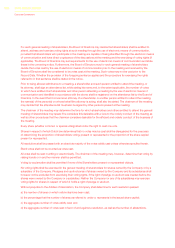 108
108 -
 109
109 -
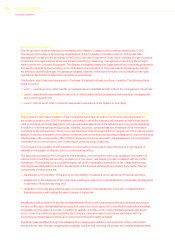 110
110 -
 111
111 -
 112
112 -
 113
113 -
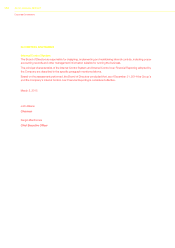 114
114 -
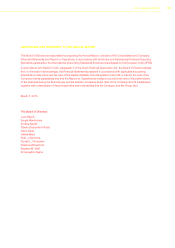 115
115 -
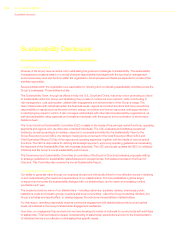 116
116 -
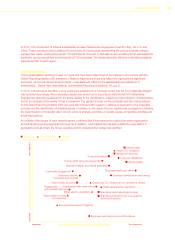 117
117 -
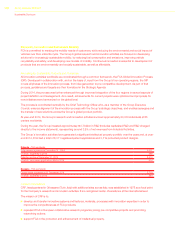 118
118 -
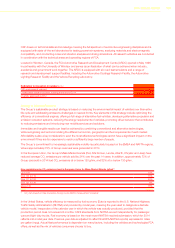 119
119 -
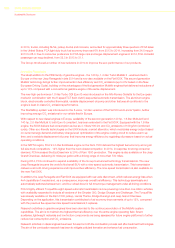 120
120 -
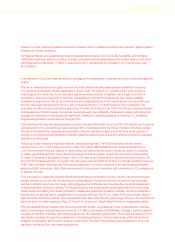 121
121 -
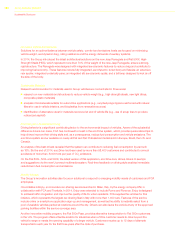 122
122 -
 123
123 -
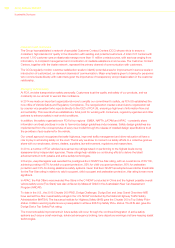 124
124 -
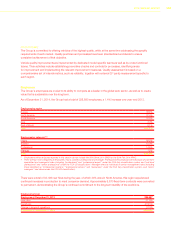 125
125 -
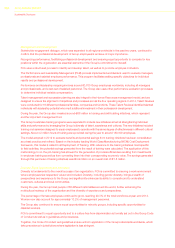 126
126 -
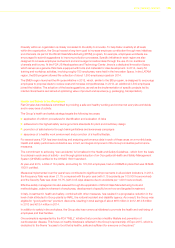 127
127 -
 128
128 -
 129
129 -
 130
130 -
 131
131 -
 132
132 -
 133
133 -
 134
134 -
 135
135 -
 136
136 -
 137
137 -
 138
138 -
 139
139 -
 140
140 -
 141
141 -
 142
142 -
 143
143 -
 144
144 -
 145
145 -
 146
146 -
 147
147 -
 148
148 -
 149
149 -
 150
150 -
 151
151 -
 152
152 -
 153
153 -
 154
154 -
 155
155 -
 156
156 -
 157
157 -
 158
158 -
 159
159 -
 160
160 -
 161
161 -
 162
162 -
 163
163 -
 164
164 -
 165
165 -
 166
166 -
 167
167 -
 168
168 -
 169
169 -
 170
170 -
 171
171 -
 172
172 -
 173
173 -
 174
174 -
 175
175 -
 176
176 -
 177
177 -
 178
178 -
 179
179 -
 180
180 -
 181
181 -
 182
182 -
 183
183 -
 184
184 -
 185
185 -
 186
186 -
 187
187 -
 188
188 -
 189
189 -
 190
190 -
 191
191 -
 192
192 -
 193
193 -
 194
194 -
 195
195 -
 196
196 -
 197
197 -
 198
198 -
 199
199 -
 200
200 -
 201
201 -
 202
202 -
 203
203 -
 204
204 -
 205
205 -
 206
206 -
 207
207 -
 208
208 -
 209
209 -
 210
210 -
 211
211 -
 212
212 -
 213
213 -
 214
214 -
 215
215 -
 216
216 -
 217
217 -
 218
218 -
 219
219 -
 220
220 -
 221
221 -
 222
222 -
 223
223 -
 224
224 -
 225
225 -
 226
226 -
 227
227 -
 228
228 -
 229
229 -
 230
230 -
 231
231 -
 232
232 -
 233
233 -
 234
234 -
 235
235 -
 236
236 -
 237
237 -
 238
238 -
 239
239 -
 240
240 -
 241
241 -
 242
242 -
 243
243 -
 244
244 -
 245
245 -
 246
246 -
 247
247 -
 248
248 -
 249
249 -
 250
250 -
 251
251 -
 252
252 -
 253
253 -
 254
254 -
 255
255 -
 256
256 -
 257
257 -
 258
258 -
 259
259 -
 260
260 -
 261
261 -
 262
262 -
 263
263 -
 264
264 -
 265
265 -
 266
266 -
 267
267 -
 268
268 -
 269
269 -
 270
270 -
 271
271 -
 272
272 -
 273
273 -
 274
274 -
 275
275 -
 276
276 -
 277
277 -
 278
278 -
 279
279 -
 280
280 -
 281
281 -
 282
282 -
 283
283 -
 284
284 -
 285
285 -
 286
286 -
 287
287 -
 288
288 -
 289
289 -
 290
290 -
 291
291 -
 292
292 -
 293
293 -
 294
294 -
 295
295 -
 296
296 -
 297
297 -
 298
298 -
 299
299 -
 300
300 -
 301
301 -
 302
302 -
 303
303
 |
 |

2014 | ANNUAL REPORT 115
In 2014, FCA conducted 14 internal sustainability-focused Stakeholder Engagement events in Italy, the U.S. and
China. These events provided a platform for more than 400 employees representing the various business areas to
express their views, needs and priorities. The participants took part in discussions and workshops that addressed the
economic, environmental and social impacts of FCA’s activities. The events were also effective in identifying material
aspects specific to each region.
Materiality Analysis
FCA’s sustainability reporting focuses on topics that have been determined to be material in accordance with the
Global Reporting Initiative (G4) framework (“Material Aspects are those that reflect the organization’s significant
economic, environmental and social impacts; or substantively influence the assessments and decisions of
stakeholders”, Global Reporting Initiative, Sustainability Reporting Guidelines- G4, pg. 7).
In 2014, material topics identified in prior years were subjected to a thorough review and the FCA materiality diagram
was updated accordingly (The materiality analysis was carried out in accordance with the AA1000 Stakeholder
Engagement Standard guidelines for the steps relating to the identification, mapping and prioritization of stakeholders,
and to the analysis of the results of their involvement. The guidance notes on Accountability and the criteria defined
by the Global Reporting Initiative (GRI-G4) were also followed with regard to outlining an approach to the materiality
principle and the identification of material issues). In addition to the results from our stakeholder engagement activities,
the determination of materiality also took into account strategic priorities, corporate values, competitive activities and
social expectations.
An analysis of the scope of each material aspect confirmed that it has impacts throughout the entire organization
and across all operating segments and regions. In addition, each aspect has impacts outside the organization in
geographical areas where the Group operates and for all stakeholder categories identified.
Product SocialEnvironment
Alternative fuels (natural gas, biofuel)
Important
Important
Very important
Very important
Increasing importance for external stakeholders
Increasing importance for internal stakeholders
Vehicle safety
Vehicle fuel economy
Vehicle quality
Alternative propulsion and drive systems
(hybrid and electric)
Product innovation
New mobility solutions
Vehicle CO2 emissions
Energy and CO2 emissions from operations, offices
Waste generated by operations
Environmental impact of logistics
Responsible sourcing
and recycling
Water used by operations
Workforce diversity
and equal opportunities
Engagement with trade unions
Engagement
with business partners
Employee development and training
Employee health and safety
Human rights along the value chain
Business integrity and ethical standards
Customer satisfaction
Community engagement
Employee well-being and work-life balance
